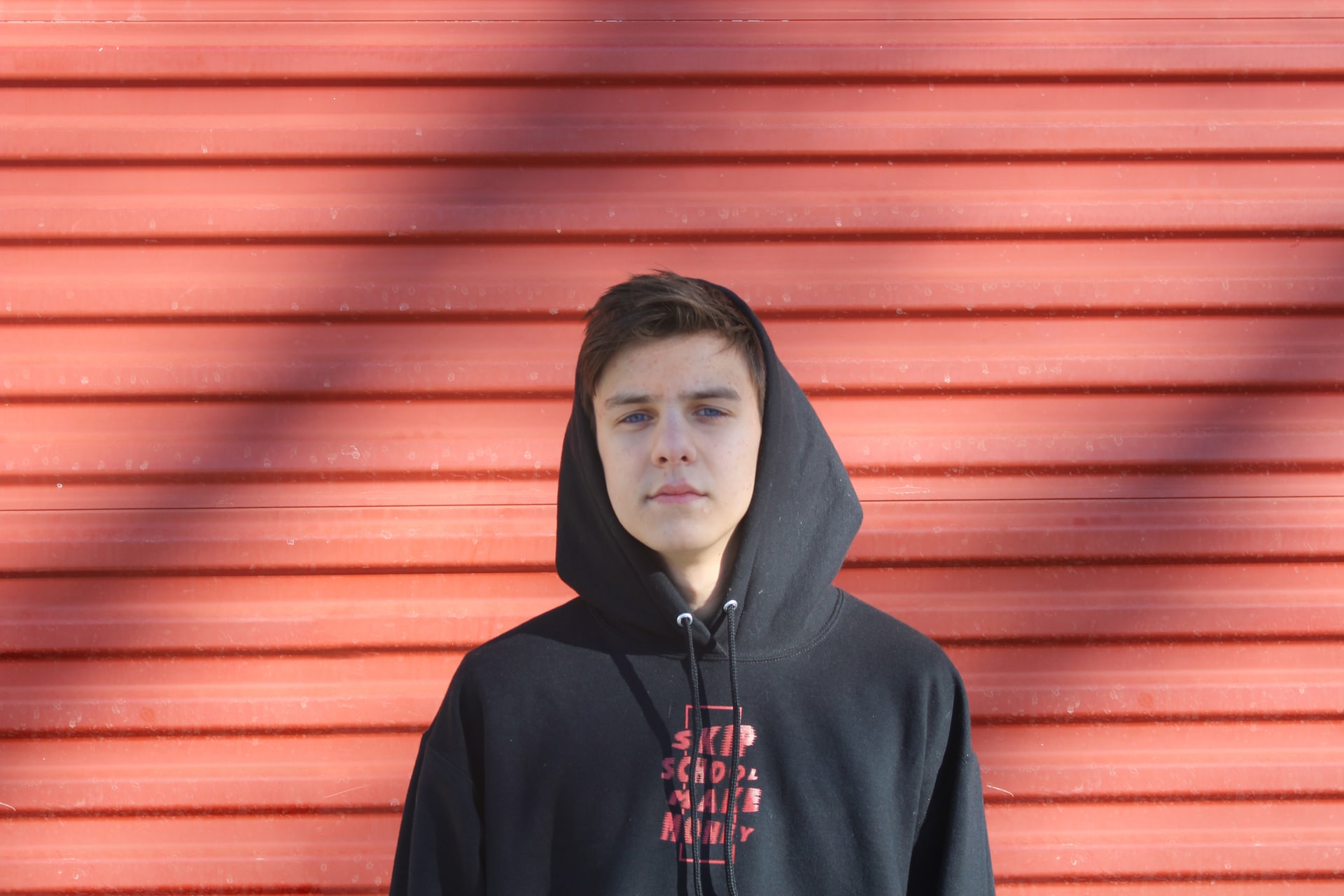How can we be smarter, kinder, and just all-round less irritable, more pleasant human beings?
It’s that elusive, oh-so precious five-letter word. Sleep!
But Gen Zs aren’t getting enough proper sleep.
For our Gen Z Wellbeing Check report, 58% of young people told us they have problems getting a good night’s sleep, with screen time (66%), education stress (63%) and anxiety (49%) being the top three things keeping those with sleeping problems up at night.
When we asked how they usually feel when they wake up, only 7% said ‘fresh and energised’. 39% said ‘tired and lethargic’ and 54% said ‘somewhere in-between’.
“I often go on technology right before bed which means that I struggle to go to sleep and hence am very tired in the mornings,” an 18-year-old female from Western Australia said, who has found negative flow-on effects.
“I also am often very tired after the day’s work that I will also go on my phone when I get home which impacts my mental health as I feel unproductive and sluggish.”
For this 17-year-old female from NSW, it’s the pressure of big life decisions that make it hard to sleep and wake up in the morning: “Overthinking what I’m going to do after high school impacts my mental and physical health greatly,” she said.
They’d have to learn how to get out of this catch-22, as using their phone is also what supposedly helps 57% of them to fall asleep.
Another big reason why high school students might have trouble sleeping, according to Dr Karl at our Year13 Expo, has to do with adolescent biology.
“Bang on puberty, two things happen with regard to your pineal gland in your brain. You make more melatonin, so from when you hit puberty to about your early-mid 20s you need 10 hours sleep and secondly, you need it later,” Dr Karl said.
10 hours? Over 1 in 2 (55%) told us they get less than eight hours of sleep per night.

And this biology is likely one of the reasons why 70% of Gen Zs classify themselves as night owls and 30% as early birds. And why, because of long-rigid school start times, many find themselves experiencing broken sleep and catching up on sleep during irregular hours. (You’re off the hook!)
So what do Australian high school students want to see changed?
The report found that 44% want the school day to start later than 9am.
Dr Karl endorses this, as better sleep helps young people’s brains to better process thoughts and feelings, be more creative, and develop emotional intelligence.
Of course, a later start time isn’t the be-all and end-all to better sleep. It’d take developing healthier routines like limiting screen time before bed. But here’s a start that honours their natural cycles.






